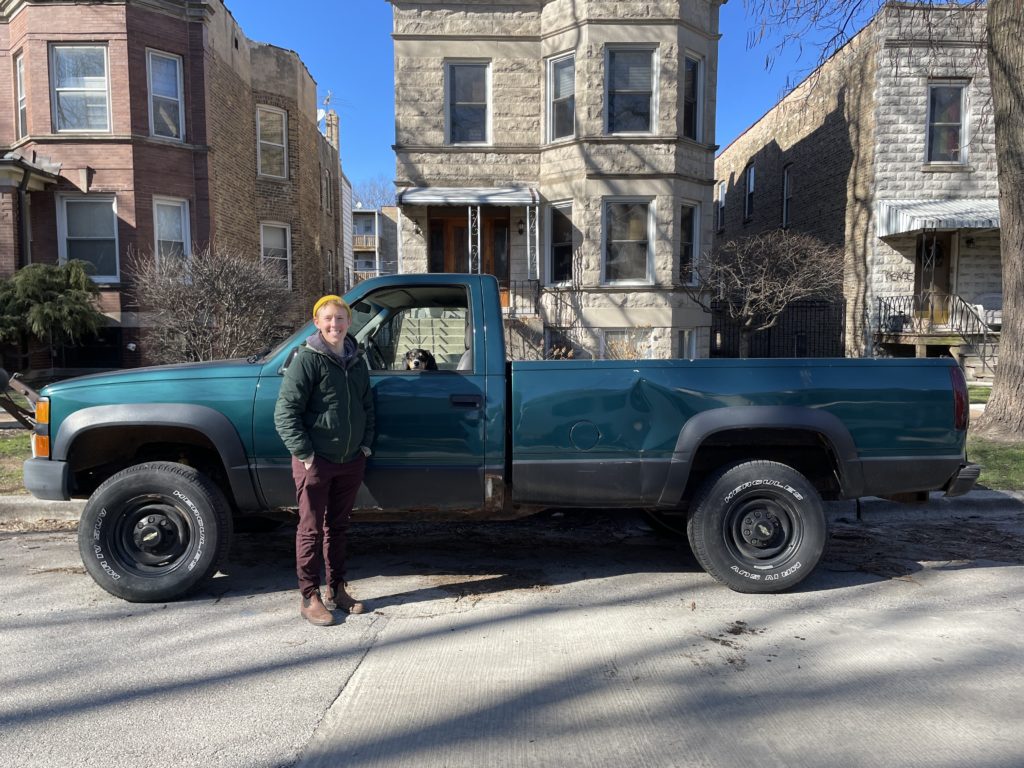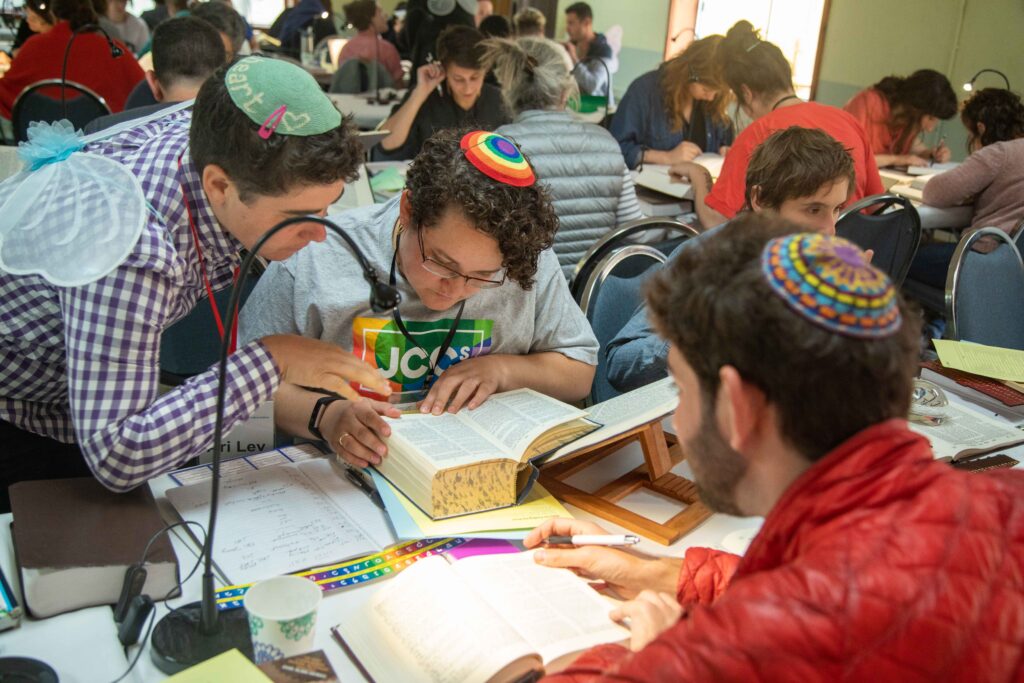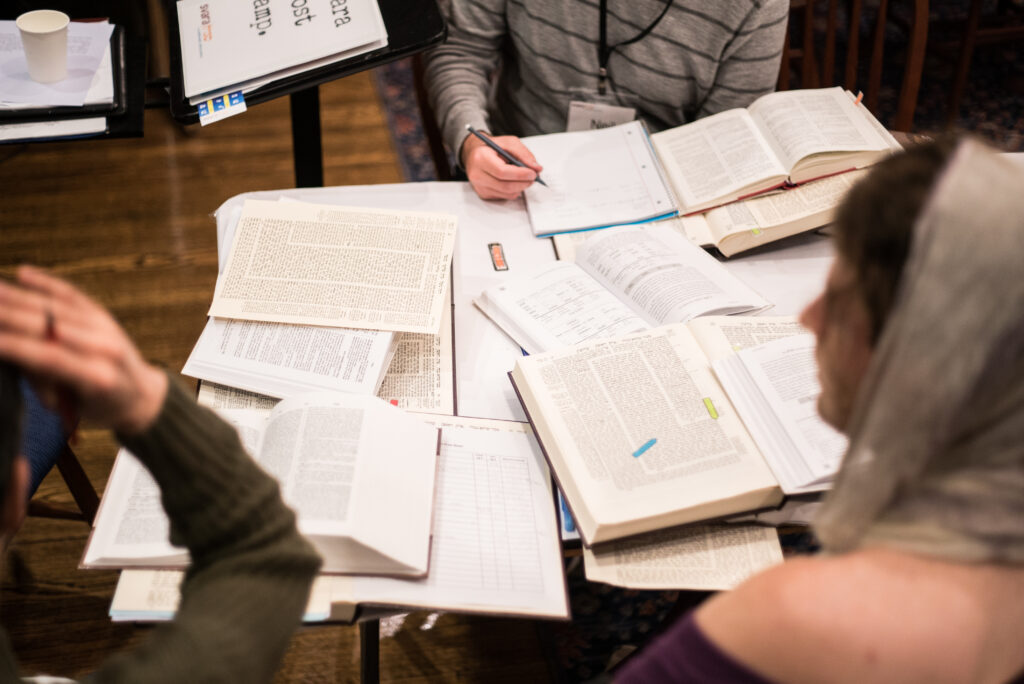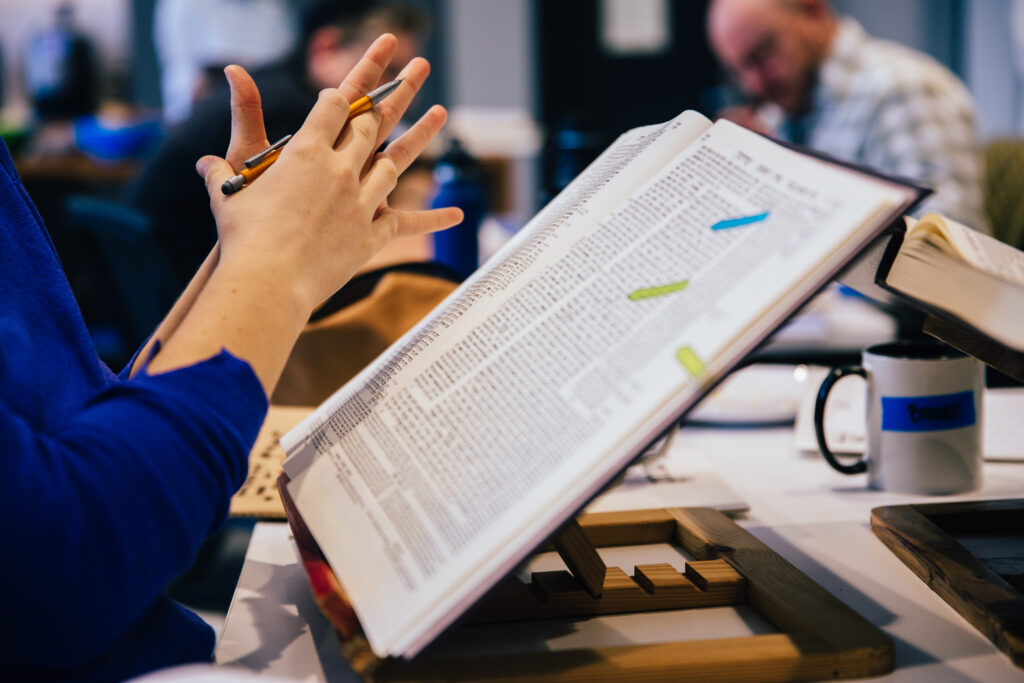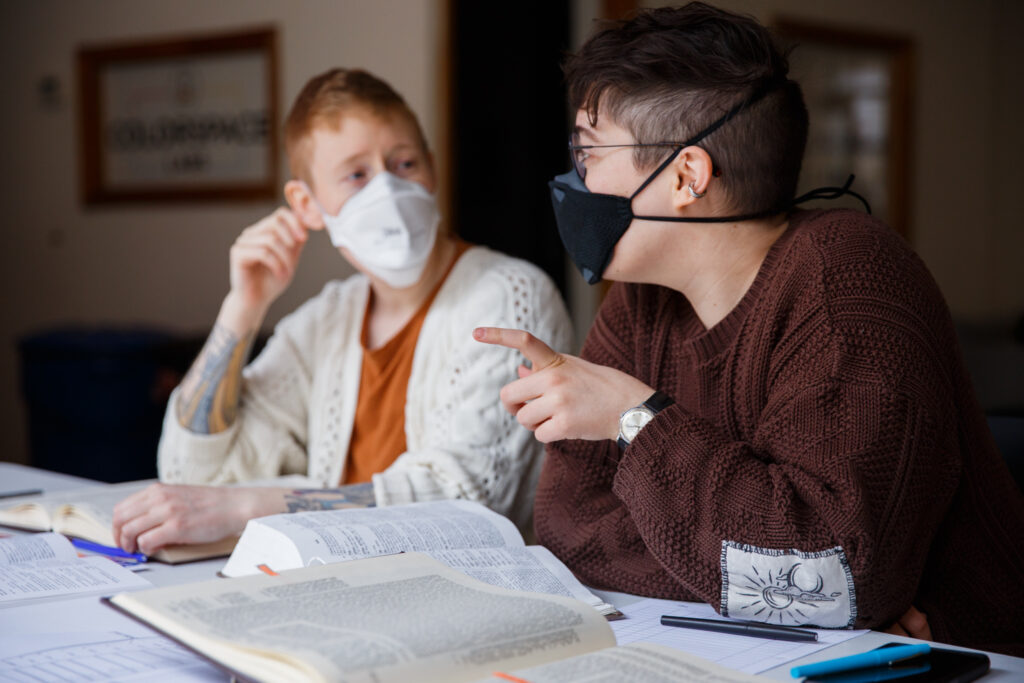On a cold and miraculous day last March, I lived out a fantasy I didn’t realize I had until it was happening: I got a truck. A pickup truck. A forest green Chevy, manufactured in 1997 by the skilled workers of UAW Local 2209. By the time I bought it from a man named Marc in a parking lot just outside of Chicago, the truck had only amassed 42,000 miles. “It was the plow truck for a used car dealership down the road,” Marc said. “They just drove it in little circles for twenty years.” Sure enough, it had a comically defunct plow rig on the front, complete with an Atari-like joystick to control it from inside the cab. There were cigarette burns in the upholstery and ancient layers of coffee splattered on every surface imaginable. It was loud and heavy and had the turning radius of a barge. It had a hole in the floor and an analog stereo. “It looks busted but it runs pretty good,” Marc said. I was in love, and I bought it on the spot.
None of this was surprising to the people who know me. Over the course of my life, I have learned to embrace my identity as a friendly, forgetful, barnstorming knucklehead. I think things through, but only about half of the way through. I lose my wallet with astounding regularity. I am never on time—but I will bring flowers—and not long after I arrive I will probably say, “shoot, I forgot I have a thing!” I will disappear into the night and surface a few months later at the next potluck. All of this is to say that it was a shock to absolutely no one when I invested almost all of my savings into a vehicle that reeked of gasoline and looked like hell. But I had a truck! I could haul all the shit I wanted to haul and nobody could stop me. I imagined the folks next door looking out their windows and saying, “Hmm. That small boyish girl got a truck.” Heck yes, I did. And I had never felt more like myself.
The days got longer, the nights got warmer, and I took immense pleasure in hand-cranking the gigantic windows down low enough for my dog to hang with both paws out, smiling like a perfect goofball at everyone we passed. Sure, it was fun to roll down Lake Shore Drive during rush hour with enough lumber to frame a house (it was immensely gratifying to be THAT dyke). But I knew that my affection for the truck was deeper than that. The truck meant the world to me because my life in Chicago had crashed and I needed a getaway car.
Let’s start at the beginning. I moved to the city in 2018 from a small house perched on top of a small hill in an even smaller town called Leverett, Massachusetts. It was a remarkably beautiful and unhurried place of 1,800 people and it was too forested to have ever been developed. The landscape inspired a “love it or leave it” mentality. The people of Leverett (I referred to them as Leverinthians) protested when the internet companies tried to install broadband. It was a gorgeous place to live, but as my partner and I approached our respective graduation dates, we agreed that a change could be good. We talked for months about what we might do and eventually landed on “move to Chicago”. We both had close friends there and had visited a few times. Looking back on it, I can’t believe I (a very anxious person) didn’t have more anxiety about such a half-formed plan. With unimaginable optimism, we rolled out of Leverett and into the big city. The transition was shocking. I remember the first time my partner and I arrived to our little one-bedroom apartment on Ridge and Hollywood, perhaps the noisiest intersection in Chicago. “Wow,” I thought. “City life.” It was difficult to wrap my head around it. I can actually hear Benay’s voice as I write this: “CRASH.”
For the first few weeks in Chicago, I would wake up and say to myself, “I’ll hop on the train today and explore. That’s what city people do. I’m a city person now.” Inevitably, I would get lost. “That’s okay,” I told myself. “I’ll just walk.” Spooked by my transit incompetencies, I walked a lot. Soon enough I had to buy a new pair of shoes because I had worn the soles straight through to my socks. Most days I would end my walks at Lake Michigan, a calm yet massive body of water dotted with people who seemed quite happy to be there. I would sit on a bench near the beach and try to take it all in. But over time, I realized that the only thought I could ever conjure as I approached the water’s edge was that despite my best intentions, I actually wasn’t happy to be there. Weeks became months and at some point, I stopped walking to the lake.
When I first heard Benay’s CRASH Talk, I imagined a crash to be a sudden, apocalyptic rupture that was reminiscent of a Marvel movie. Fires erupting, windows shattering, colossal pillars tumbling to the ground. In my mind, a crash was the unequivocal loss of everything that mattered. The smoke clears and you realize nothing was spared. But life in Chicago wasn’t that bad, right? Sure, I felt lonely and far from myself. I missed the hills of my last home. But I was walking a lot! I was making friends (sort of)! And after all, nobody forced me to come here. Maybe I just needed more time. When people back east asked, “How’s Chicago?” I said, “Oh! Yeah, it’s fine.”
It was definitely not fine. While my crash wasn’t a quick and obvious dumpster fire, it was still clear that I was crashing. I knew I couldn’t stay but I also couldn’t figure out how to leave. Was I supposed to just pack up and go? Say “shoot, I forgot I have a thing!” It hadn’t even been a year yet. I had a partner I adored and a nice apartment and I obviously just wasn’t trying hard enough. Right? If there had been fires or stone pillars falling down around me, I would have left. But there weren’t. So I didn’t. Not to mention that one person’s crash is another one’s pleasure: I was so unbearably sad, but nobody else was. Not even my partner! She and I had arrived from the exact same place with the exact same hopes, but she was able to access a kind of joy in Chicago that I simply couldn’t locate. One day, desperate to make things feel better, my partner did something that would change the course of my life forever: she suggested we move a few blocks away into a two-family house with five queer Jews we didn’t really know. “It could be nice to have some built-in community. Maybe we just need more friends.” My immediate thought was, “That’s a pretty drastic way to make friends.” But she was trying so hard to be helpful, and I was so sick of being a bummer. “Sure,” I said. “Yeah. Why don’t we try it. Maybe you’re right.”
She was right. The house was a co-op called doykeit, a Yiddish-ish concept most closely translated to “hereness”. A room had opened up and my partner and I moved in. I was still a gentile, something I awkwardly disclosed on my application, and b’h they took me anyway. My new housemates were kind, quick to laugh, and very committed to keeping the kitchen clean. I first learned the word kashrut after repeatedly leaving mugs from the second-floor kosher kitchen down in the first-floor non-kosher kitchen. I could feel the hot flames of goyish failure creeping up my face every time it happened. “It’s okay, Mag. That can just be a downstairs mug now.” Everyone was so patient with me. We all came home to the same place, but for the most part, we did our own thing. It was a comfort to hear folks laughing upstairs as I was falling asleep. Maybe this wasn’t a crash after all. It was peaceful and pleasant, and for the first time, I thought, “maybe I can stay a little bit longer.”
Those early days in doykeit were inextricably linked to the culmination of my agonizing 17-month journey toward having top surgery. Even under the best of circumstances, pursuing gender-affirming surgery is full of insurmountable financial obstacles, acute traumatic stress, and a lifetime’s supply of dysphoria. In January 2020, a few months before the world unraveled, I finally secured a surgery date: April 9th. My housemate Shula gasped when I told her. “Pesach,” she whispered. She explained the meaning of the word mitzrayim. We both cried.
Everything changed when the pandemic erupted (understatement of the century?). Everything that brought rhythm and order to our lives had vanished, and suddenly all we had was each other. During that terrifying and surreal first week of lockdown, we started cooking all of our meals together for the very first time. We were used to crossing paths briefly, and discerning who was home by whose shoes were piled on the front porch. It was a bizarre novelty to set the table for seven every single night. As shabbes approached, it became clear that we would need to make space in the house for the folks who, pandemic notwithstanding, would have been leaving for the weekend to stay with friends who lived closer to shul. We huddled up and decided house chores now needed to include making Friday dinner and Saturday lunch before candles were lit. We put masking tape on the bathroom light switch to remind the less pious of us not to flip it. The living room became a no-technology space and the attic would be reserved for anyone who wanted to daven. I witnessed my first havdalah and I was utterly entranced by the songs and the scents and the darkness of it all. It was beautiful and familiar, even as the world was falling apart. For the second time, I thought, “maybe I can stay a little bit longer.”
We tried our best to take care of each other. We all shared the pain of not being able to visit family, go to shul, or do many of the things that had previously brought joy and meaning to our lives. We listened deeply to one another, but there were certainly times when we let each other down. It was a dark, scary time. COVID-related mutual aid efforts were just beginning to take shape in the city and the magnitude of the pandemic was becoming more and more horrifying. But the thing I remember most as I write this down is how much we came to depend on one another. We laughed, we cried, we locked ourselves inside and plowed through a gigantic checklist of things to do to keep ourselves from completely shutting down. It was about five feet wide and we hung it on the wall in the dining room. “Take the census. Play the Sims. Do taxes. Group reading of Little Women screenplay. Hottest Alderperson bracket (define “hotness”). Love Island?” I completed my year-long conversion with a masked mikveh in Lake Michigan, which forever changed my relationship both with Judaism and the big vast water that had always made me feel so alone. It was a windy summer morning and I stood stark naked in my gloriously euphoric post-op body. I was joined by my wonderful partner, my dog, sweet Shula, and three Conservative rabbis. We said shehecheyanu over the roar of crashing waves. It felt like a beginning, and for the third time I thought, “maybe I can stay a little bit longer.”
In the end, I couldn’t stay any longer. Exactly twelve seasons in doykeit had come and gone when I decided I had to move away. It was one of the most heartbreaking things I’ve ever done, but I knew it had to happen. That’s when I bought the truck.
I realize now that leaving Chicago wasn’t the crash. Leaving was the response to the crash of every single day leading up to it. At SVARA we call this “going Option 3,” a liberatory and world-opening path that involves mourning your losses, taking what you learned, and forging ahead. That’s exactly what I did. But I also think there was another SVARA-like quality to my departure. It was a lot like that moment in the bet midrash when you and your chevrutas finally understand what is going on. We had pored over the same text for years, and one day we realized that we finally knew what it said: that after all that time, they would stay and I would leave. In Chicago, I found the safety, support, and blessings of some truly remarkable people who helped me understand what I couldn’t understand on my own: that I could trust myself enough to leave, even if I didn’t know exactly what was waiting on the other side. So one sunny day six months ago, I stood up from the table in the doykeit bet midrash. I tossed my dog in my perfectly busted truck and I left. What more could I have asked for?
My life is a little bit different now. I come home to a very quiet house not far from Leverett, Massachusetts. The only shoes on the front porch are mine. I still adore my partner, but we aren’t partners anymore. Don’t get me wrong, I love my truck. But more than that, I love the people who helped me believe in the quiet sounds of my own crash. I am filled with gratitude for each of these truly unruly chevrutas, each of whom helped me emerge back into myself. Thanks, y’all.

